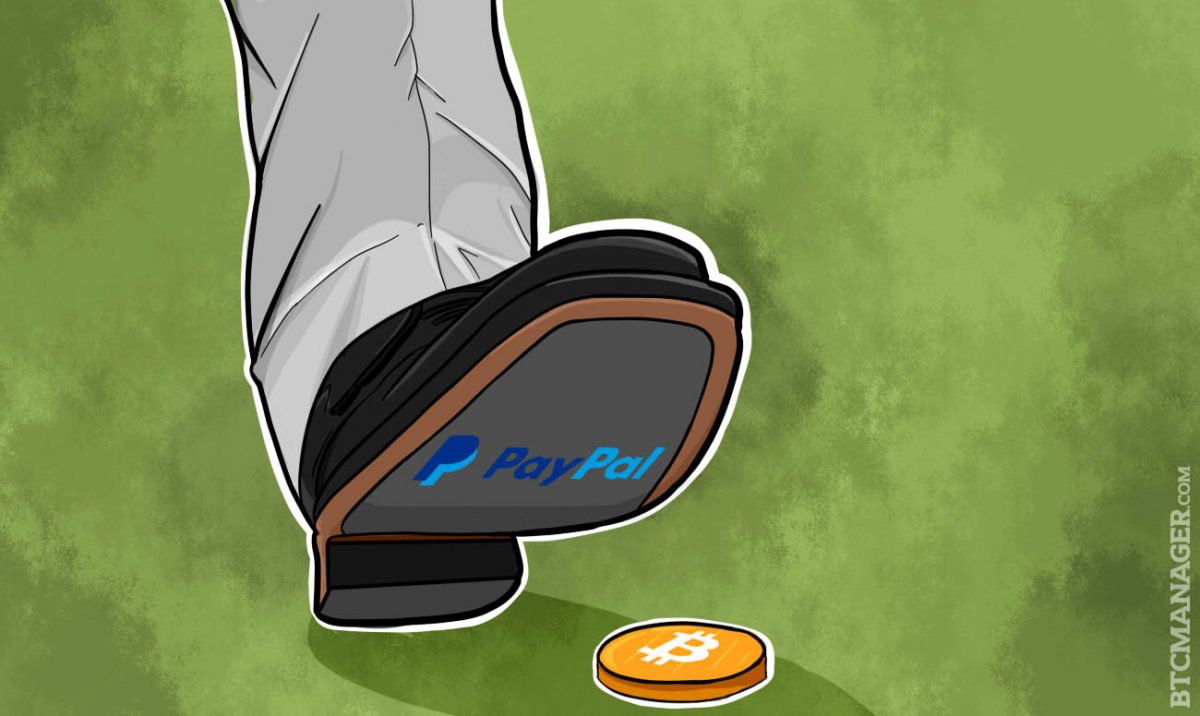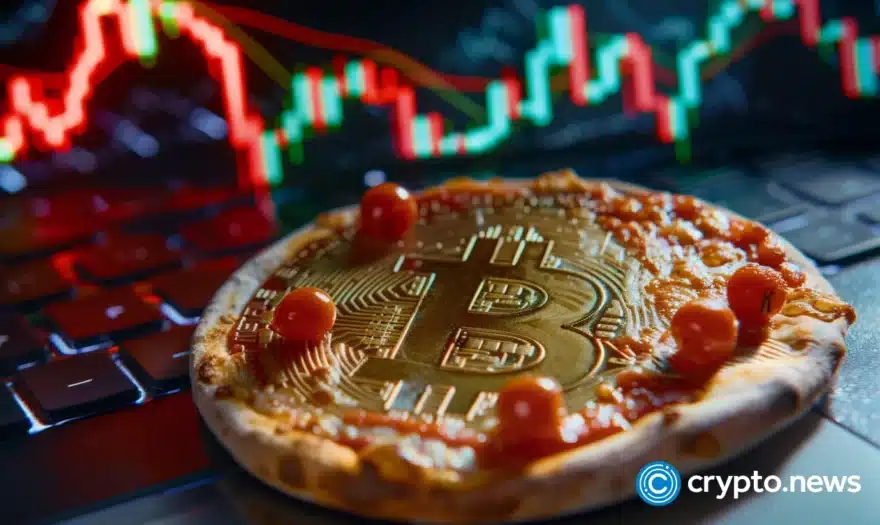Could PayPal Kill Bitcoin by Reducing its Fees?

PayPal was founded in 1998 and has grown into the world’s leading online payment system. It currently operates in 203 markets, accepts 26 currencies and boasts over 179 million users worldwide. PayPal is listed on the New York Stock Exchange and has a market value of over $49 billion. It became a Fortune 500 company in June 2016.
Who uses PayPal?
PayPal is primarily used by e-commerce platforms, freelancers and online entrepreneurs as it can easily be integrated into any website and allows payments either directly using a PayPal account or via credit or debit cards. PayPal also allows you to remit funds across borders at a lower cost than the large MTOs (money transfer operators) such as Western Union or MoneyGram.
Who uses bitcoin?
Similarly to PayPal, e-commerce platforms, freelancers and online entrepreneurs are using bitcoin as a payment system. Bitcoin is also used by traders who are actively trading cryptocurrencies for profit and by people in financially unstable countries that are looking for an alternative currency to to conduct payments and to store their wealth.
Not surprisingly, given that PayPal and bitcoin have a very similar customer base, PayPal was initially opposed to the cryptocurrency and refused to accept it as a payment method on its online payment system. It was not until September 2014 that PayPal’s management changed their stance on the cryptocurrency and started to allow bitcoin as a payment currency on its platform for small transactions by collaborating with bitcoin payment processors Coinbase, BitPay, and GoCoin.
PayPal fees versus bitcoin fees
Bitcoin is currently the cheapest way to make and receive payments and to conduct cross-border money transfers. Its fees are limited to the miner’s fee and to what the bitcoin payment processor charges you for making or receiving payments. Sending bitcoin from one wallet to another for remittance purposes will generally cost you around 0.0001 BTC, which is the miner’s fee and currently equates to approximately $0.06.
Bitcoin merchant fees are also comparatively low. The largest bitcoin payment processors Coinbase charges 1 percent transaction fee if you process over $1 million worth of bitcoin transactions as a merchant. But charges zero fees below that amount. While BitPay also charges only 1 percent transaction fee once the merchant has processed over 30 bitcoin transactions per month. If the merchant processes less than 30 transaction per month, their service is free.
PayPal charges different fees for international money transfers depending on your location and the payment method used. For a PayPal account to PayPal account transaction the fee ranges from 0.4 to 3.3 percent, while a money transfer funded using a credit or debit card will cost between 3.8 to 7.4 percent on top of a fixed fee and then you need to add the currency conversion costs of 3 to 4 percent depending on the currency. This makes PayPal substantially more expensive for remittance purposes than bitcoin.
For merchant payment processing, PayPal charges a fee of over 3 percent, which is over three times as much as the largest bitcoin payment processing companies. Hence, currently, bitcoin provides the cheaper alternative to PayPal for both remittance purposes and for merchant payment processing. However, that does beg the question, “If PayPal were to cut its fees to match those of bitcoin, would there be any need for bitcoin as a means of making and receiving payments?”
Could PayPal kill bitcoin if it would reduce its fees?
Bitcoin merchant adoption has increased substantially over the last few years as bitcoin’s ecosystem has grown and bitcoin wallets have become more secure. There are currently well over 100,000 merchants worldwide who accept bitcoin. These merchants are benefiting from a fast digital payment system that incurs much lower fees than credit card payments or PayPal. However, should PayPal cut its fees to match those of bitcoin, would all these merchants drop bitcoin and flock (back) to PayPal and thereby stop bitcoin adoption? The answer to that question is almost certainly ‘no’ and there are several reasons for that.
Firstly, PayPal only covers 26 currencies and is not available in all countries. Bitcoin, on the other hand, is accessible to anyone in any part of the world provided he or she has an Internet connection. Also, through the use of peer-to-peer bitcoin exchanges, such as LocalBitcoins, bitcoin can be converted into effectively any currency in the world.
Secondly, merchants who use PayPal as a payment system regularly suffer losses from credit card chargeback fraud. Chargeback fraud refers to when a consumer makes a payment online with a credit card and then requests a chargeback from the credit card issuing bank after the goods or service has been delivered.
Thirdly, when using bitcoin as a payment method, there is no chance for chargeback fraud as no credit cards are involved and the payments made are final. Using bitcoin, it is exclusively at the merchant’s discretion to refund a customer and, thereby, completely eliminating the potential for chargeback fraud. This is a huge selling bitcoin for merchant bitcoin adoption as chargeback fraud can cost e-commerce businesses between 0.3 to 3 percent of annual revenue.
Having said that, in reality, it is highly unlikely that PayPal will reduce its fees given its global dominance in the online payments market. If anything, PayPal is more likely to incorporate bitcoin and other digital currencies further into its payment system and thereby making it part of the overall PayPal product offering to its clients. In fact, In January 2016, PayPal appointed bitcoin expert and CEO of bitcoin wallet provider Xapo, Wences Casares, to its board early this year. Casares’ presence at PayPal could lead to an increased involvement of PayPal in the cryptocurrency space, which would most likely be beneficial for bitcoin and the bitcoin ecosystem.
Therefore, it is unlikely that PayPal will aim to take away market share from bitcoin, let alone try to stamp it out. If anything there will be further cooperation between PayPal and the cryptocurrency world. Consequently, bitcoin’s opportunity to continue to flourish as a payment option for merchants and for remittance purposes remains. This should see global bitcoin adoption increase further.












